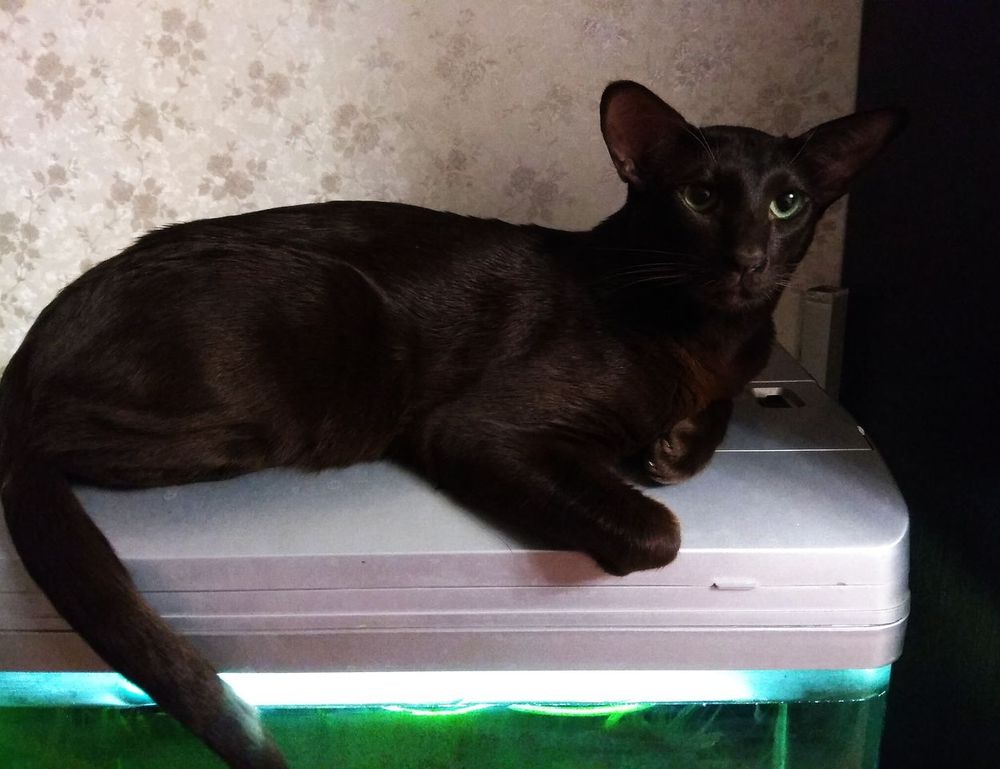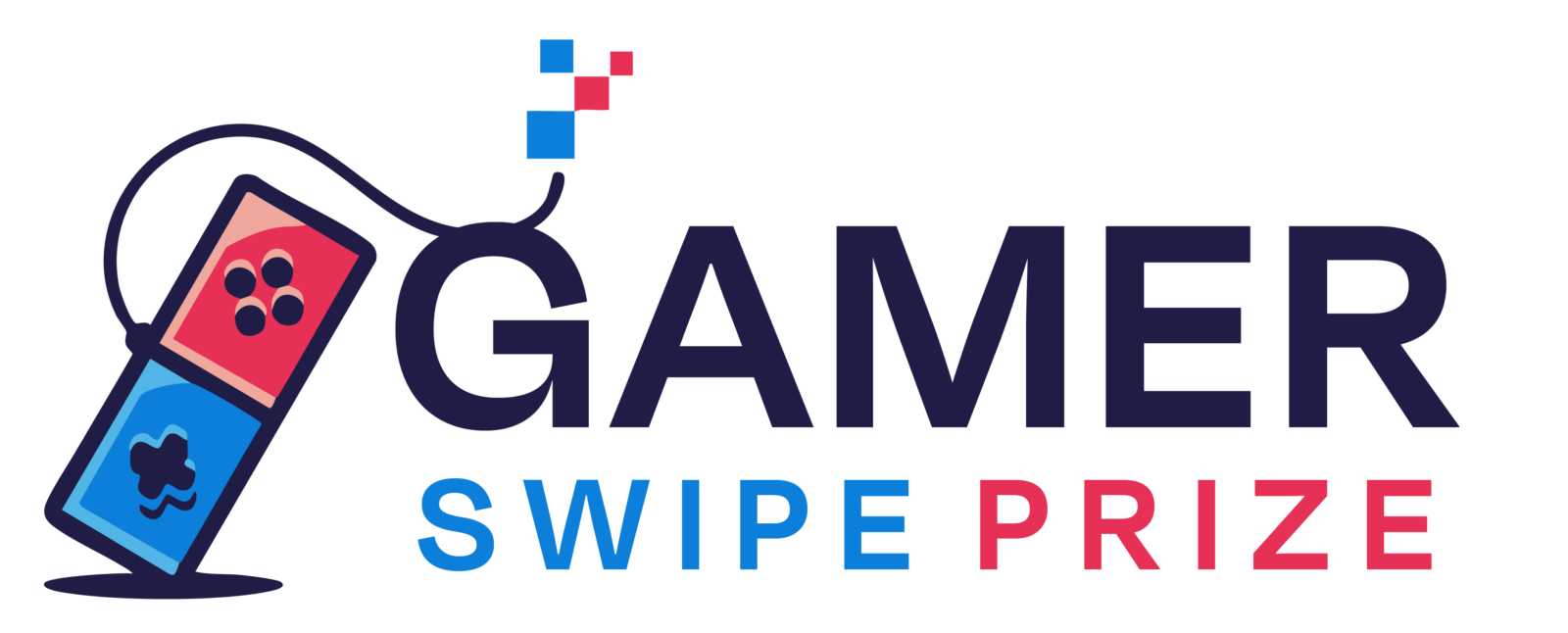What Even Is Potoacompanhate?
Let’s get something straight: no one has a definitive answer about the origins of potoacompanhate. It’s turned up in odd Reddit threads, obscure memes, and even as random hashtags. What makes it interesting is how people have begun assigning it meaning—treating it like a secret code or a challenge to be decoded.
Speculation runs wide. Some say it’s a portmanteau from an undiscovered dialect. Others claim it’s a madeup word that caught fire because of its mystery. But regardless of the origin, internet users now use potoacompanhate as a kind of injoke, like an invisible wink across digital communities.
Why Is Everyone Talking About It?
Part of the buzz comes from the same engine that powers meme culture—confusion fuels clicks. The weirder the word, the more likely someone’s going to search it. Potoacompanhate lives in that strange space between nonsense and potential.
Content creators love this stuff. A cryptic term gives them material to riff on. It shows up in captions, TikToks, YouTube comment sections, even fake product ads. It doesn’t need to mean anything specific to be used. The more flexible it remains, the more viral it gets.
The Social Game
Internet culture loves an inside joke, and potoacompanhate has that internal logic. It’s not just a phrase—it’s a passcode. Drop it into a post and you’re signaling that you’re part of whatever undefined group is “in the know.”
This social game rewards people who spot trends early. Toss “potoacompanhate” into a comment and you’re suddenly getting responses, weird gifs, and maybe followers asking what it means. Spoiler: no clear answer, but that’s kind of the fun.
We’ve Been Here Before
This isn’t the first time the internet has latched onto nonsense. Think back to words like “yeet,” “smol,” or “blorbo.” They once meant nothing outside specific subcultures before becoming mainstream expressions.
Potoacompanhate feels like it’s on that trajectory. The difference here? It hasn’t been locked into one meaning or tone. It’s still wild, still chaotic. People are sharing it just because it makes posts look cooler or more confusing. It keeps the audience guessing.
Marketing Gold?
Here’s the twist: some brands have noticed. Edgy brands, usually in apparel or media, sometimes sprinkle in odd terms just to seem plugged in. If “potoacompanhate” pops up in streetwear drops or limitededition merch, don’t be surprised. Ambiguity sells when it looks intentional.
By turning this chaos into capital, companies indirectly endorse userdriven internet content. It also makes it harder for a term like potoacompanhate to fade into internet oblivion.
Potoacompanhate as a Digital Experiment
Look at this word not as a joke, but as an experiment. A test to see how fast randomness can become relevant. It’s like a sandbox for meme engineers—watching to see what sticks.
It also shows how language online doesn’t need foundation to take off. You don’t need grammar, etymology, or clarity. All you need is for it to catch attention and loop into some kind of trendcycle.
Will It Last?
That depends. If the word stays flexible, it might become permanent internet slang. If someone tries to define it too strictly—or worse, make it mean something specific—it might get dropped. The internet doesn’t have a lot of patience for overexplained jokes.
For now, potoacompanhate stays alive because it’s untamed. It doesn’t follow the rules, and that’s exactly why people keep reusing it.
Final Thoughts
In the grand tradition of strange yet sticky internet trends, potoacompanhate ticks all the right boxes. It’s cryptic, adaptable, memefriendly, and social. Whether it eventually fades or sticks around for good, it’s already made an imprint on how we experiment with language online.
So if you see potoacompanhate show up in your feed, now you know: it means something… or maybe absolutely nothing at all.




